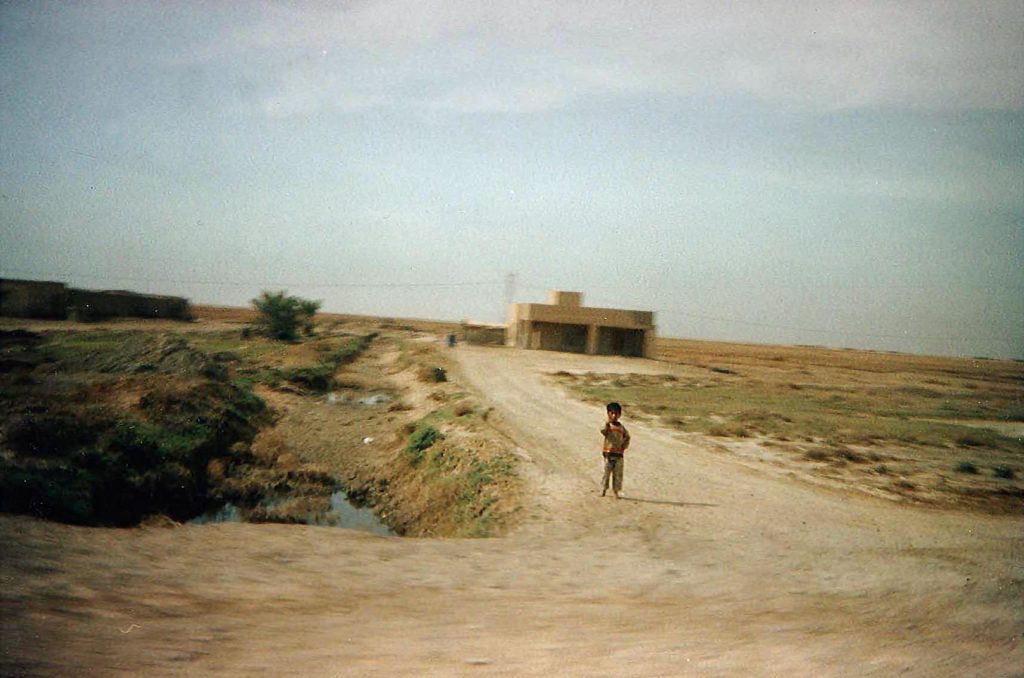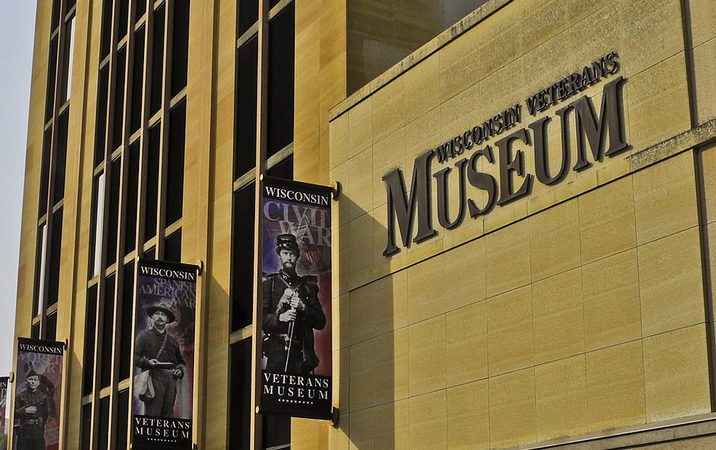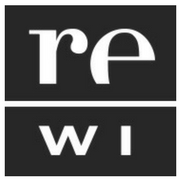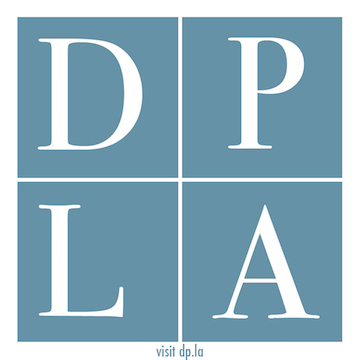In February I had the opportunity to speak at a meeting held by the Milwaukee County Genealogical Society to present Recollection Wisconsin as a resource for researchers and to explain our current Listening to War project.

I opened the presentation with a story about my most vivid memories of Iraq and how this image helps me to remember exactly how I felt during the invasion, as we drove from Camp Doha, Kuwait to Balad Air Base in Iraq.
After I finished my presentation we opened the floor for questions. Having had more opportunities to chat with people who are interested in oral histories, I almost always hear the same two questions that I would like to address here.
The first question goes roughly like this: “I know a veteran who should do an oral history, how can they get involved?”

The Wisconsin Veterans Museum has an Oral History department and an Online Interview Request form and commonly asked questions that can be found on their website.
If the topic isn’t related to Wisconsin veterans, then you can start by searching for existing collections on the subject matter you are interested in and trying to find out which institution is holding or creating the materials to see if there is any way you can get involved. For example, the University of Wisconsin Oral History Program has an online form for nominating individuals to become a part of the oral history program.
The second most asked question I get is: “I’m interested in conducting oral histories. How can I get started?”
Recollection Wisconsin, in collaboration with the Wisconsin Veterans Museum and the University of Wisconsin-Madison, has put together guidelines and recommendations for oral history projects. The guide covers planning, interviewing, and long term preservation considerations.



You must be logged in to post a comment.